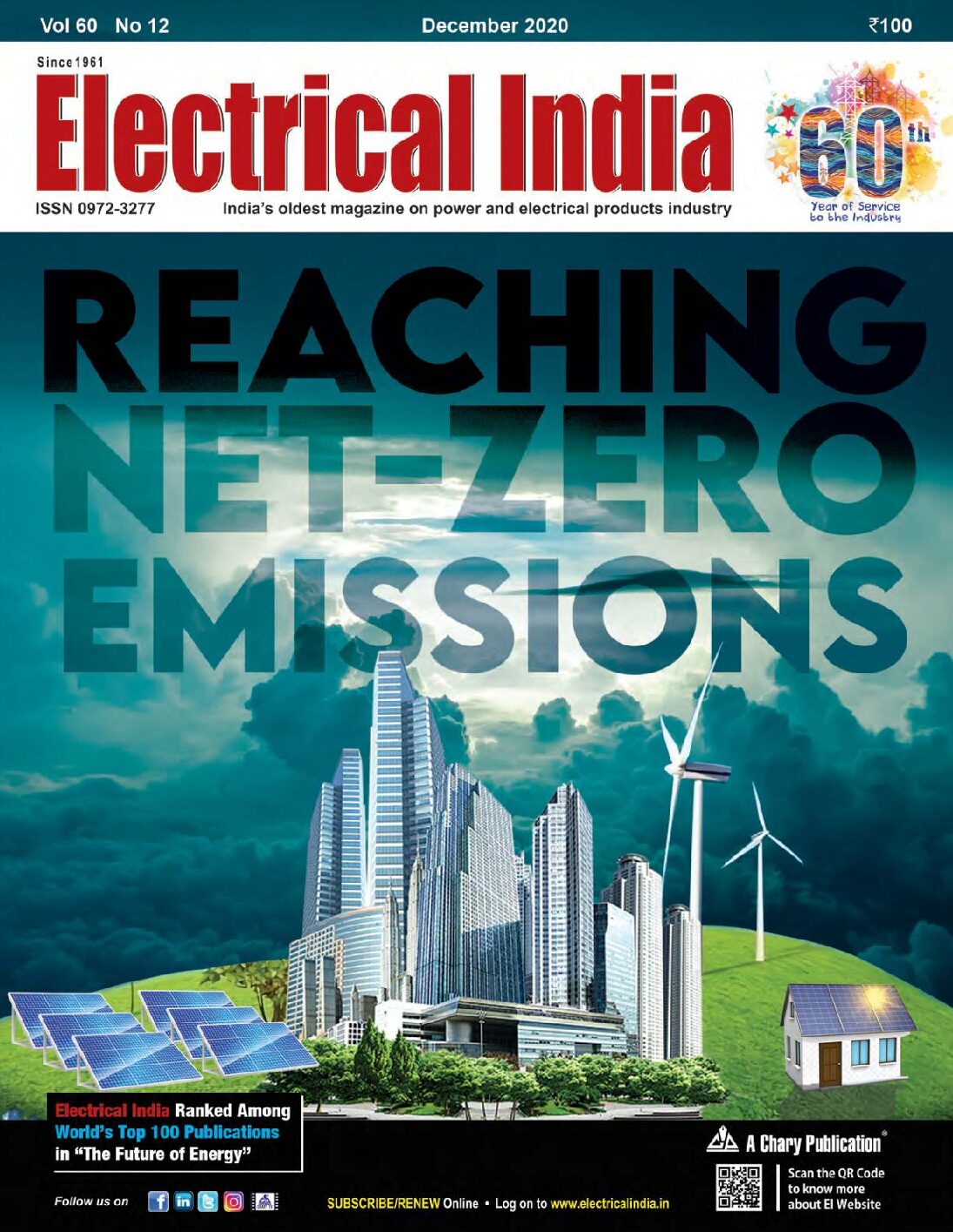
Stellantis N.V. and Vulcan Energy Resources Limited have signed a binding term sheet for the first phase of a multiphase project to develop new geothermal projects aimed at decarbonizing the energy mix of Stellantis’ Mulhouse industrial site in France, which is home to the DS 7, Peugeot 308 and e-308, 508, and the new 408. Based upon current assumptions, the project could provide a significant portion of the industrial site’s annual energy needs starting in 2026.
Commenting on the development, Arnaud Deboeuf, Stellantis Chief Manufacturing Officer, said, “We are proud to announce another step in our partnership with Vulcan, which demonstrates our commitment to increase the use of decarbonized energy solutions across our facilities. Geothermal is one of many solutions we are exploring to achieve our carbon net zero goal by 2038, in alignment with our Dare Forward 2030 strategic plan.”
The first phase of the project, located at the southernmost extent of Vulcan’s focus area in the Upper Rhine Valley, will include a Pre-Feasibility Study (PFS) for the construction of geothermal renewable energy assets for Stellantis’ facility, carried out by Vulcan that will also assess potential for lithium production. If successful, the next phase will focus on 3D seismic exploration and more advanced studies and development. Subject to a successful PFS, Stellantis and Vulcan aim to develop the project jointly on a 50:50 basis.
Vulcan has applied over the Mulhouse area for an exclusive lithium and geothermal license to secure another 480 square kilometre of development area within the Upper Rhine Graben Valley Brine Field.














